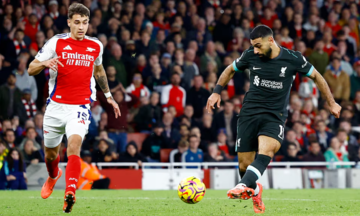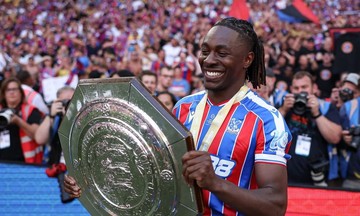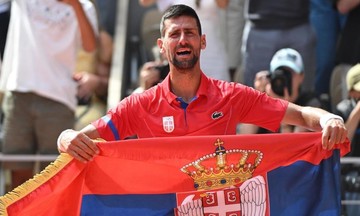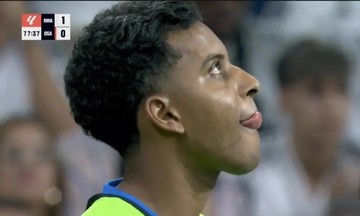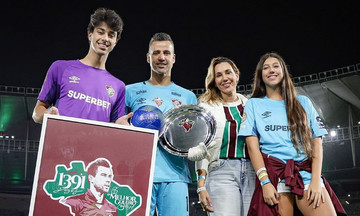According to a new study published in the Journal of Social and Personal Psychology, psychologists from New York University, Creighton University, and Rutgers University found that narrowing visual attention (i.e., focusing on a fixed point ahead) can significantly impact running speed and intensity.
The idea is simple: instead of sightseeing or looking at spectators, concentrate on a point in the distance and mentally move that point forward as you run. The closer you get to your target, the more you narrow your vision.
 |
Narrowing visual attention, or focusing on a fixed point ahead, can help runners run faster. Photo: GSU |
Narrowing visual attention, or focusing on a fixed point ahead, can help runners run faster. Photo: GSU
Researchers call this running strategy "attentional narrowing." In their tests, runners who used this strategy consistently ran faster and had higher heart rates than those instructed to maintain a broader gaze. Less sightseeing led to better performance.
"By narrowing attention as runners transitioned from earlier to later stages of their runs or races—like locking onto a target, then finding a new target after passing the first, and finally the finish line—they ran faster, increased their heart rate, and performed better," explained Emily Balcetis, one of the study's authors.
Across 6 studies, researchers observed that faster, more experienced runners often use this strategy naturally. It's a learnable skill. Whether aiming for a personal best or just trying to finish the next speed workout, attentional narrowing is something you can start practicing immediately.
This isn't tunnel vision, but a form of mental pacing, a deliberate way to adjust your effort without overthinking speed or form.
To test the strategy's real-world effectiveness, researchers conducted several short-distance running experiments. Some runners were asked to maintain a broad gaze; others focused on a fixed point – either throughout the run or only at the end.
Overall, those who narrowed their focus ran faster. They also spent more time with elevated heart rates, indicating they were competing harder, even if it didn't feel that way. A small shift in gaze had a real impact on their ability.
Focusing your gaze on one point instead of scanning around can be more effective than you think. It's a low-effort, no-cost way to push yourself harder when things get tough. Next time you're struggling or nearing the finish line, try focusing your gaze ahead, and you might finish faster than you expect.
Hong Duy (Canadian Running Magazine)






